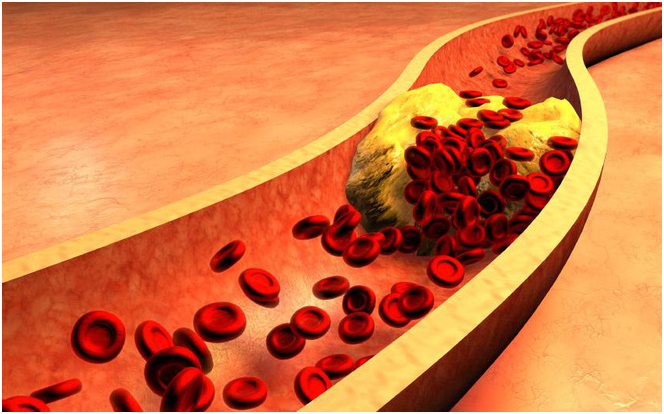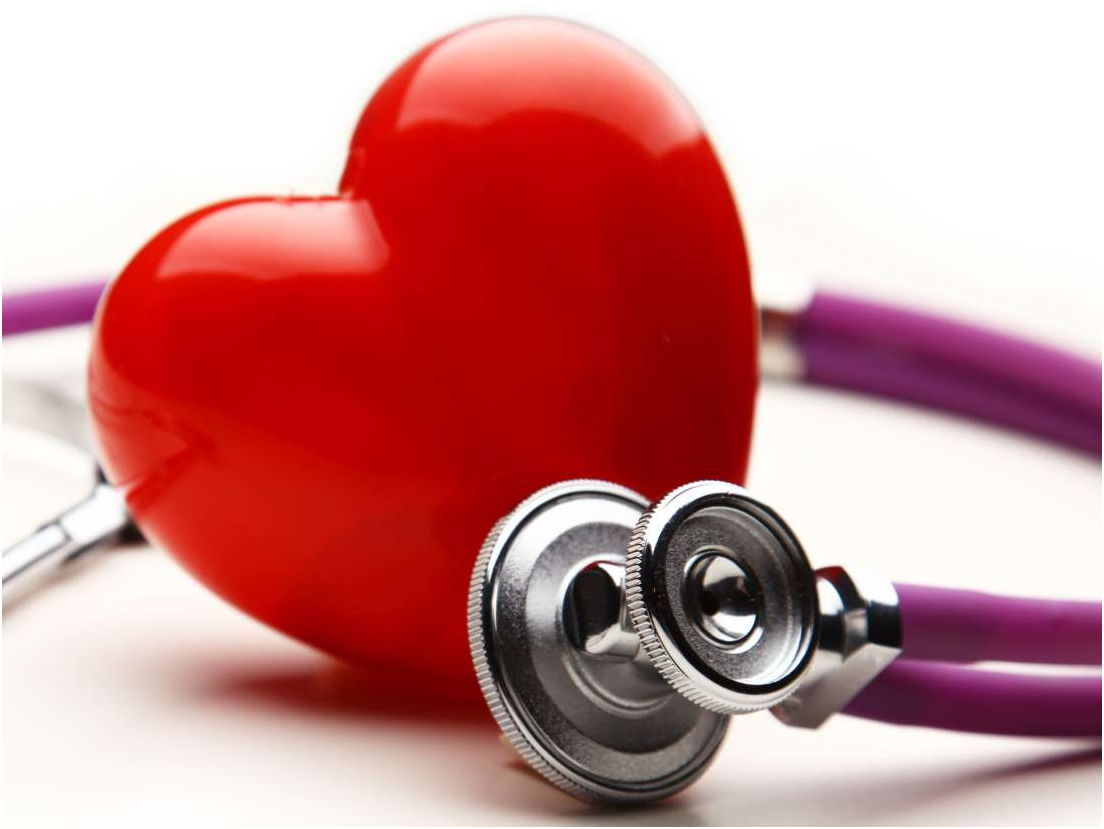Share

CHOLESTEROL
By Victoria Healthcare 12 April 2019

Cholesterol is a fatty substance that your body needs to work properly. It is made in the liver and found in food that comes from animals such as meat, eggs, milk products, like butter and cheese.
Too much cholesterol in your blood can be harmful to your body and can increase your risk for heart disease and other blood vessel problems, such as a stroke. You are at risk for high blood cholesterol if:
- Your body makes too much cholesterol.
- You eat too much food high in saturated fats and cholesterol.
- You have diabetes, low thyroid level called hypothyroidism, or kidney disease.

There are 3 main types of fats in your blood:
- High Density Lipoproteins (HDL): This “good” cholesterol takes extra cholesterol in your blood back to your liver so your body can get rid of it.
- Low Density Lipoproteins (LDL): This “bad” cholesterol in your blood builds up in your blood vessels. This can cause your vessels to narrow, making it hard for blood to flow.
- Triglycerides: Eating too many carbohydrates and trans-fats can increase your triglyceride level. A high triglyceride level is linked to heart disease, stroke and diabetes.Blood fats are measured by a blood test called a “lipid panel”.
Your results will tell you:
Your total cholesterol blood level
- A healthy level is less than 200. If your total cholesterol is above 200, your doctor will also consider your HDL, LDL and triglycerides.
Your doctor will also recommend treatment at this level.
Your HDL blood cholesterol level
This is the “good” cholesterol: the higher the number, the better.
- A healthy level is 60 and above.
- Talk to your doctor about treatment if your level is less than 40.
Your LDL blood cholesterol level
This is the “bad” cholesterol: the lower the number, the better.
- A healthy level is less than 100.
- Your doctor may want your LDL less than 70 if you have had a recent heart problem.
- Talk to your doctor about treatment if your level is 130 and above.
Your triglyceride blood level
- A healthy level is less than 150.
- Talk to your doctor about treatment if your level is 200 and above.
To lower your blood cholesterol levels
- Your doctor will check your cholesterol regularly.
- Your doctor, nurse or dietitian will talk to you about a diet and exercise plan.
- Medication may be needed if diet and exercise are not enough.
- Eat plenty of high fiber food, such as whole grains, beans, and fresh fruits and vegetables.
- Limit food that contains high amounts of cholesterol and saturated and polyunsaturated fats, such as beef, pork, cheese, or whole milk.
- Eat more low fat foods, such as skinless chicken breasts, fish or skim milk.
- Choose foods high in monosaturated fats, such as olive or canola oils and nuts. Consider using canola, olive, or avocado oil for cooking.
- Bake, broil, grill or roast foods rather than fry them.
Talk to your doctor, nurse or dietitian about how to manage your cholesterol levels.
Source: healthinfotranslations.org


